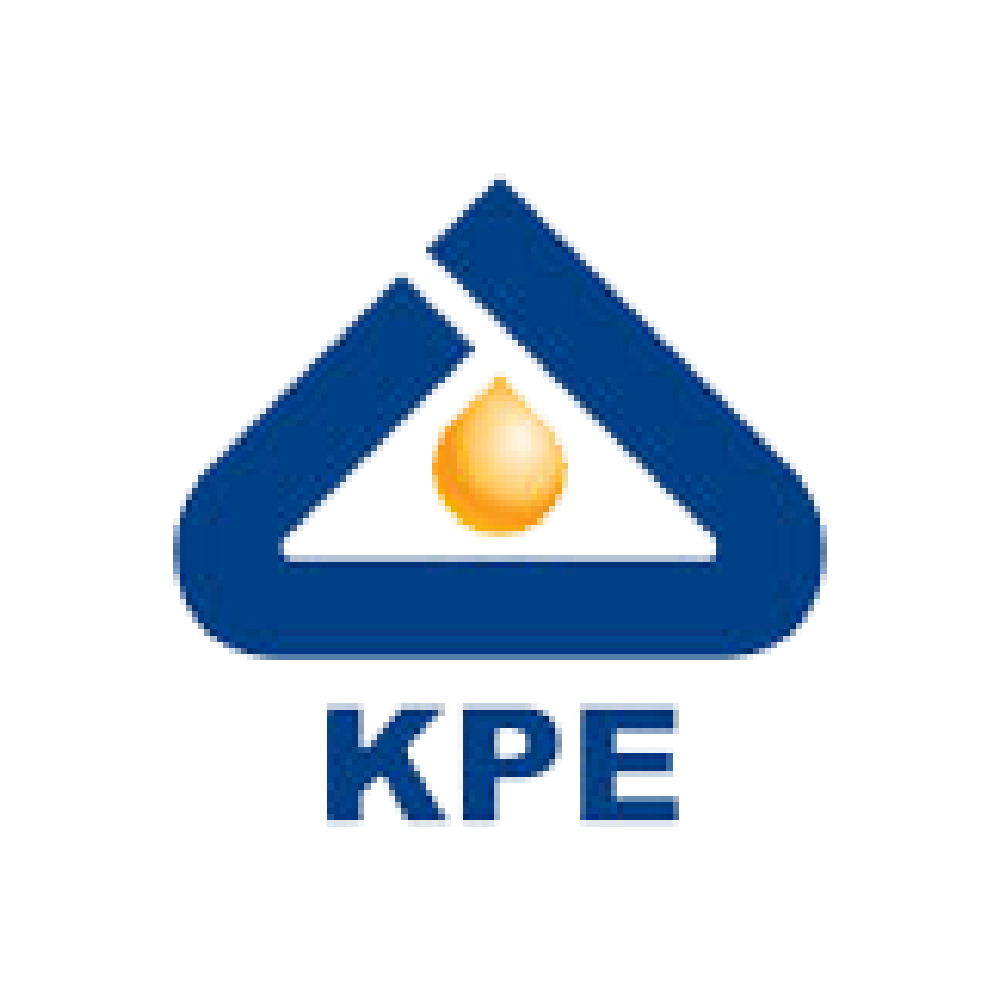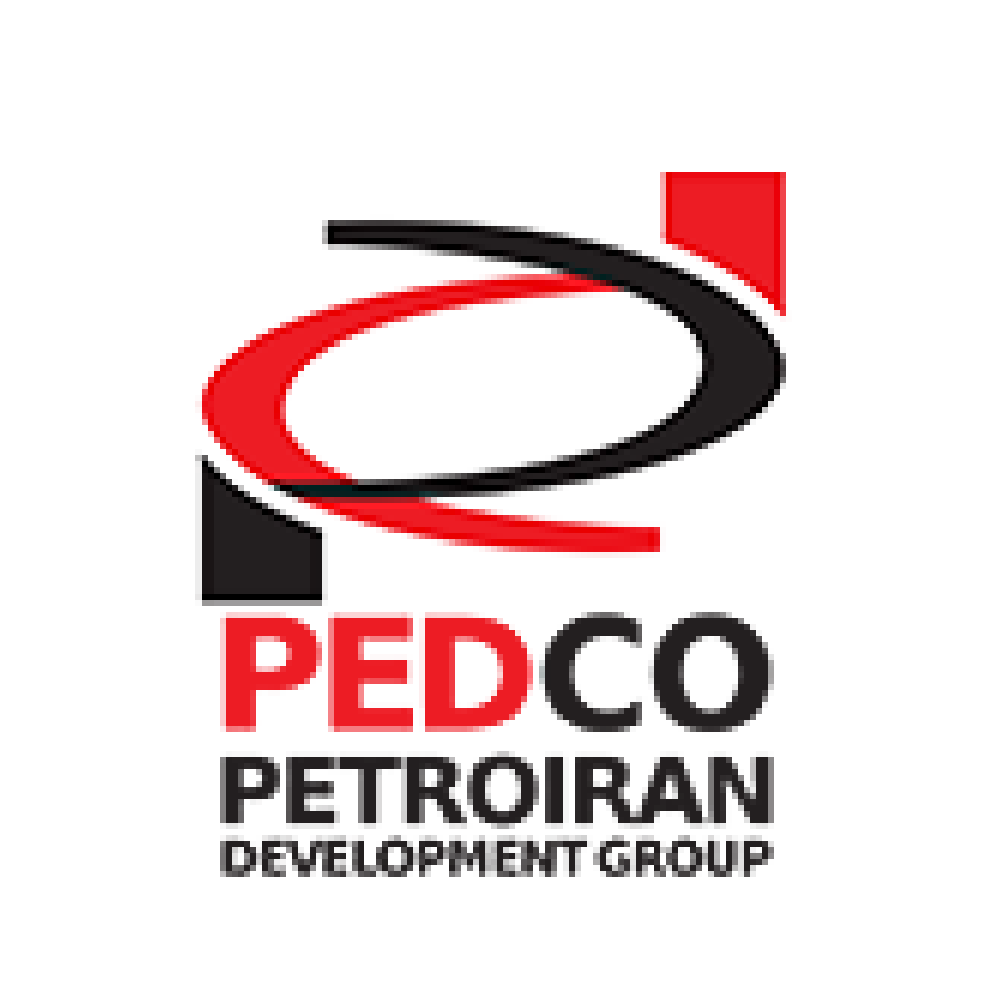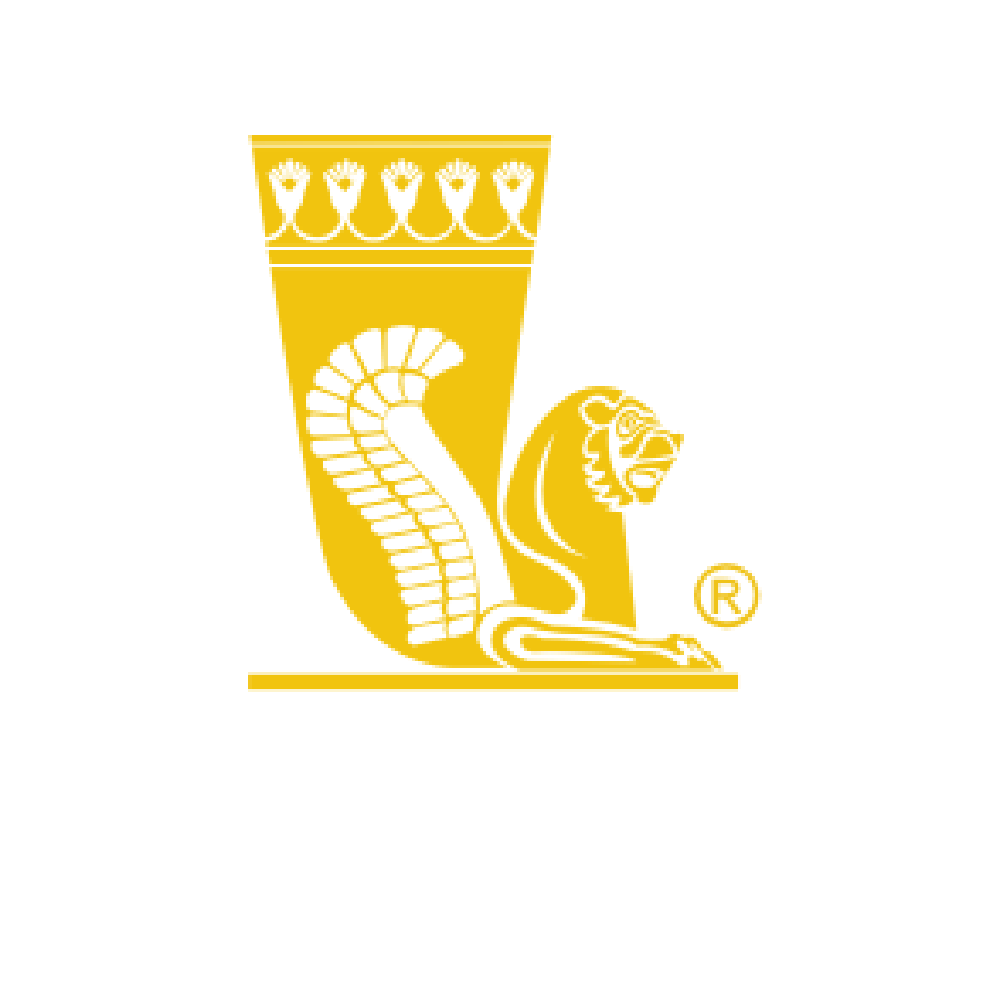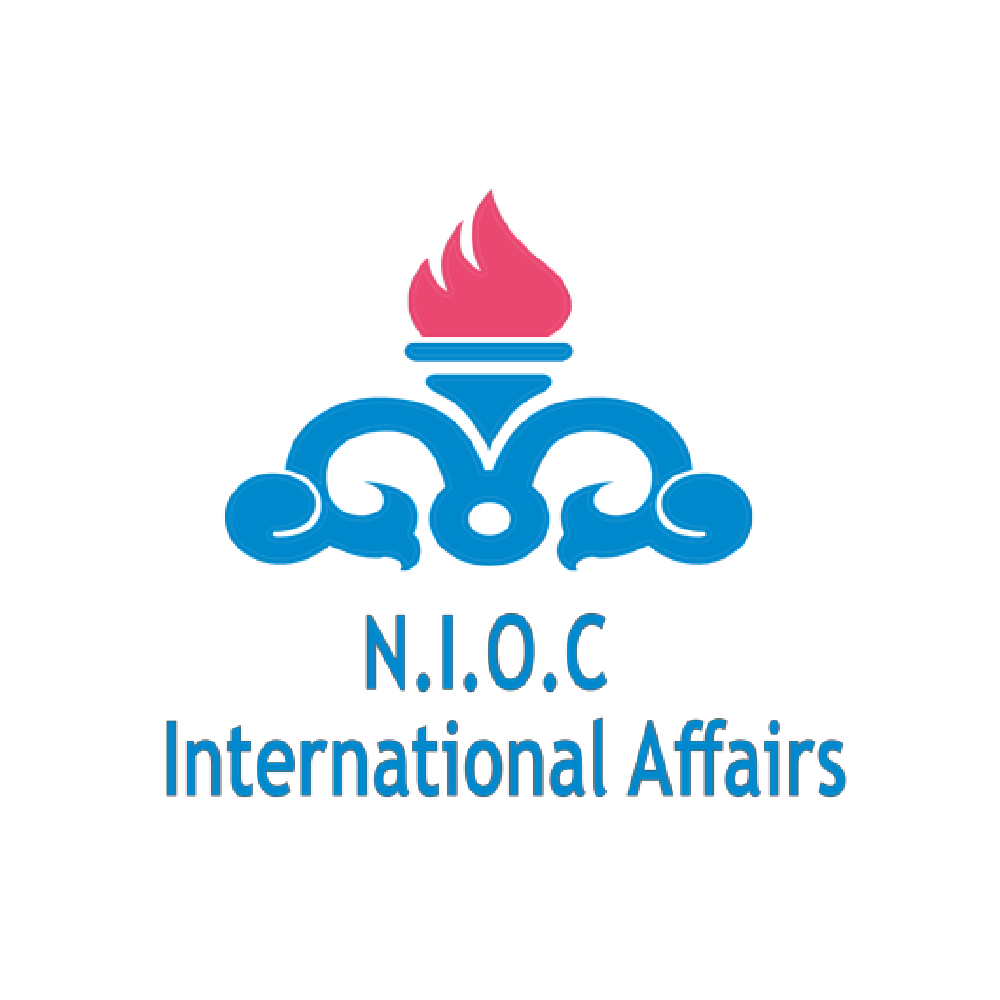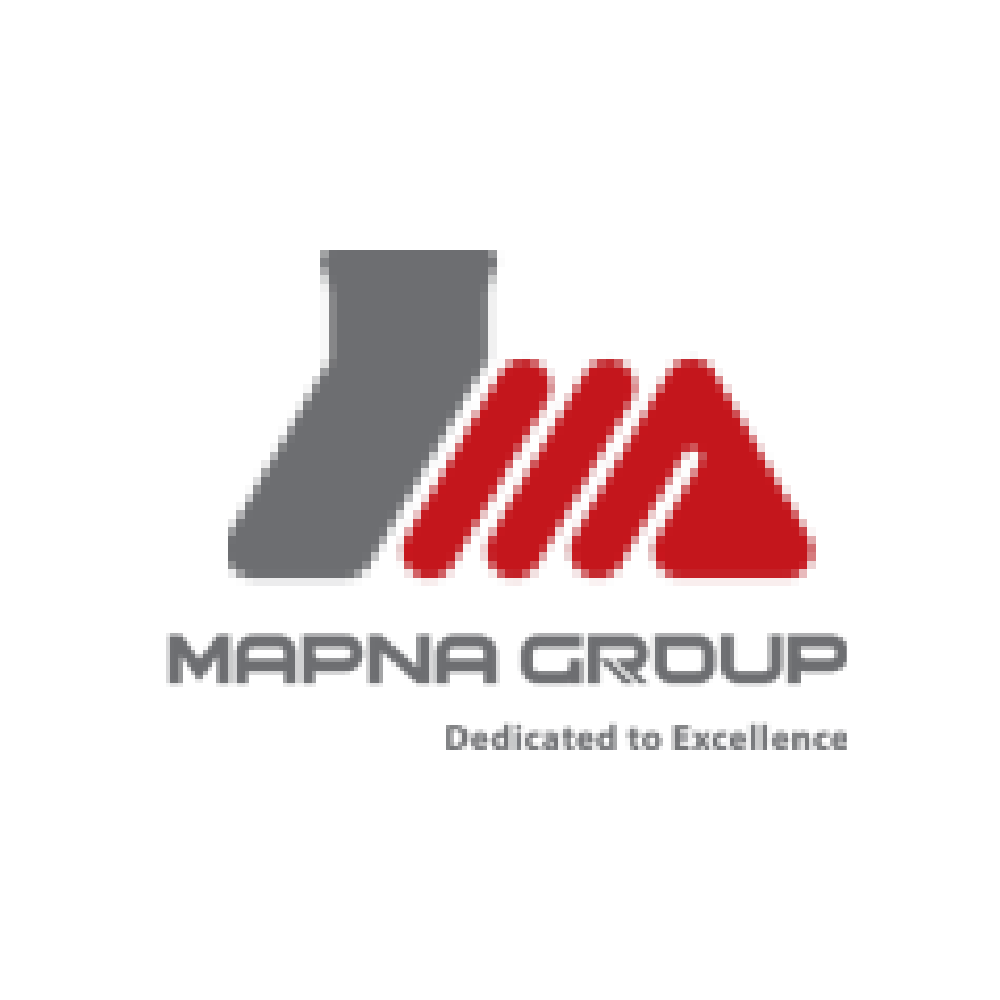Strategic Export Solutions
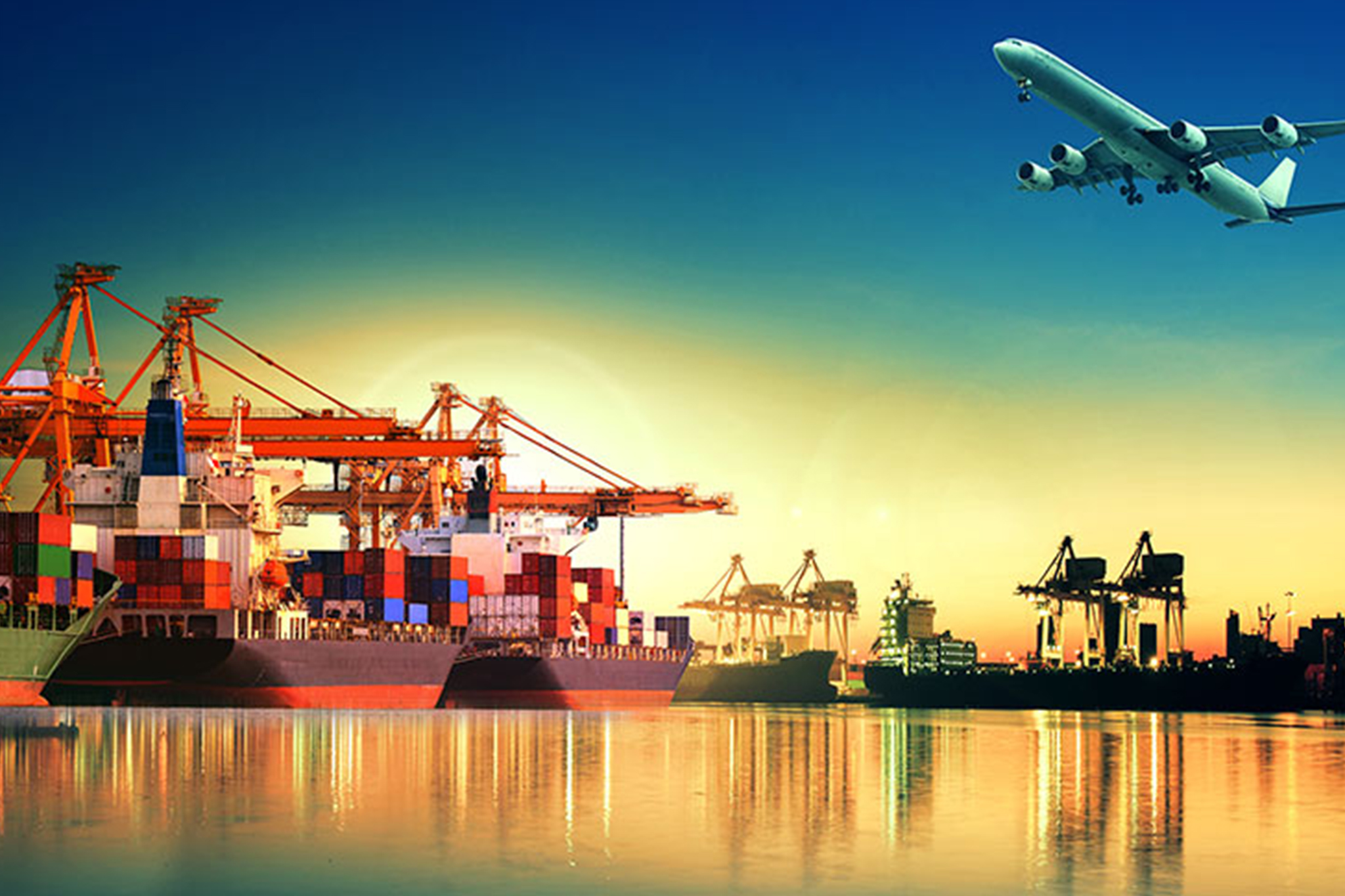
Specialized Service Description: Strategic Export Solutions
Successful modern export is not merely a logistics exercise; it requires a holistic strategy encompassing financial risk mitigation, precise legal compliance, and mastery over the target market’s unique challenges. Exim Company acts as your dedicated Export Management Partner, streamlining the entire process of transforming your production capacity into guaranteed, compliant foreign revenue.
Our core focus is on high-growth, high-complexity markets, including the CIS, the Middle East, and North Africa, where traditional financing and shipping channels often fail. From our strategic hub in Dubai, we provide the certainty and control required for sustained global expansion.
Our End-to-End Export Management Framework Includes:
- Market Intelligence and Penetration Strategy:
- Target Market Identification: Precise mapping of high-demand destinations for your product portfolio (e.g., Petrochemicals, Industrial Components, or Foodstuffs).
- Commercial Risk Analysis: Deep-dive reports on political, economic, and commercial risks in the target country, including competitor analysis and pricing strategy advisory.
- Regulatory Vetting: Comprehensive assessment of import duties, VAT structures, and specific Non-Tariff Barriers (NTBs) to ensure your product’s competitive advantage.
- Integrated Financial Security and Risk Management:
- Compliant Payment Structuring: Establishing secure, sanctions-proof payment channels tailored for restricted environments.
- De-Dollarization Solutions: Leveraging our Integrated Financial Transfer Solutions to facilitate settlements in regional currencies (AED, CNY, or local currencies), mitigating reliance on the volatile USD system.
- FX Risk Management: Offering bespoke hedging strategies and currency exposure mitigation advice to lock in profit margins against exchange rate fluctuations.
- Optimized Multi-Modal Logistics (End-to-End Execution):
- Route Engineering: Designing efficient, multi-modal supply chains, including leveraging the resilient Middle Corridor (Trans-Caspian Route) and combined rail-sea-road options.
- Incoterms Advisory: Strategic consultation on the optimal use of Incoterms (e.g., advising on DDP vs. CIF) to minimize seller responsibility and manage landed cost for the buyer.
- Premium Cargo Insurance: Securing full-spectrum International Cargo Insurance including essential “All Risks” and War/Political Risk coverage, ensuring asset protection until final delivery.
- Flawless Documentation and Compliance Assurance:
- Pre-emptive Auditing: AI-supported vetting of all export documents (Commercial Invoice, Packing List, Certificate of Origin, Bill of Lading) to eliminate customs-related delays.
- Quality and Standards Compliance: Ensuring mandatory compliance with destination-specific standards (e.g., GOST standards for CIS, SPS for foodstuffs) for seamless entry.
- Export Customs Formalities: Handling all official declarations and filings with the country of origin’s customs authorities, ensuring timely departure.
Real-Time Tracking & Reporting
Instant, detailed visibility on your shipment's status and predictive ETAs.
24/7 Global Risk Monitoring
Your cargo is continuously monitored for geopolitical and logistical threats
Rapid Documentation Turnaround
Guaranteed on-time financial transfers to suppliers worldwide,eliminating payment-related supply delays.
Dedicated Single Point of Contact
A specialized export manager dedicated solely to your portfolio
Client Q&A
ensure all export documentation is processed and filed in hours, not days.
Below are the key questions frequently asked by businesses considering using Exim Company for their export mandates, along with our expert answers.
01. How does Exim Company manage payments when exporting to countries with strict sanctions or capital controls (e.g., CIS)?
We specialize in sanctions-compliant financial transfers utilizing our network of partner banks in the UAE and transit nations. We structure payments using non-USD mechanisms (e.g., AED or CNY settlements), thereby bypassing the traditional SWIFT system friction and guaranteeing secure repatriation of funds.
02. Our product requires specific quality standards (e.g., technical or sanitary) for the destination market. How do you ensure compliance?
Our Professional Compliance Desk is deeply versed in regional standards (e.g., GOST for Eurasian markets and SPS standards for foodstuffs). We mandate pre-shipment inspections and work with certified third-party testing agencies to ensure all documentation and product specifications meet the destination country's rigorous import regulations before the cargo leaves the port of origin.
03. What specific logistical advantage does Exim Company offer for Eurasian-bound cargo compared to traditional forwarders?
Our primary advantage is route resilience. We offer expert management of the Trans-Caspian (Middle) Corridor, providing a sanctions-proof, multi-modal alternative to the Northern route. This is backed by our predictive analytics system (AI) which selects the optimal combination of rail, sea, and road to minimize transit time and geopolitical risk.
04. Our contracts require delivery under DDP (Delivered Duty Paid). How does Exim manage the final mile customs clearance in the buyer's country?
For DDP terms, we handle all costs and risks, including customs clearance and duty/tax payments at the destination. We partner with highly vetted, licensed customs brokers in the buyer's country to ensure a smooth, transparent process. Our goal is to present the buyer with a clean, fully cleared shipment, thereby fulfilling the highest level of seller obligation under Incoterms.
05. If there is a major logistical disruption (e.g., a port strike or political blockade), how quickly can Exim Company react to mitigate my loss?
We operate a 24/7 Global Risk Monitoring center. In the event of disruption, our International Cargo Insurance immediately activates to protect your asset value. Simultaneously, our logistics team implements a pre-approved contingency plan (e.g., switching from a Black Sea port to a Turkish port via the Middle Corridor) to minimize delays, ensuring continuity that traditional forwarders cannot match.



